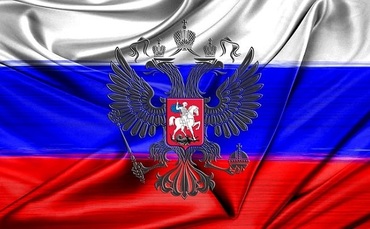Russia’s federal censorship agency, Roskomnadzor, has announced plans to create a database of the geolocations of Russian users’ IP addresses, according to a draft order published on a government website.
According to the draft order, internet providers will be required to hand over data on network addresses used by their clients, including location data. A discussion period comes to a close on 2nd February and the order will go into effect from 1st September and will last four years.
The project’s goal is “the collection of information about the country (geographical) affiliation of IP networks,” Roskomnadzor has stated that the motivation behind the measure is better protection of state websites from DDoS attacks.
An extract from an explanatory note states:
“The database will be updated regularly. Network operators and resource owners will be able to use the data for the automated creation of correct access control lists. The database’s creation will allow us to bring the country’s digital border in accordance with its physical border.”
Experts who spoke to Forbes thought there may be little more to this move than the protection of federal websites.
“Roskomnadzor wants to force operators to report not just their IP addresses but also the geographic locations of their IP addresses, either as an address or as a set of coordinates. This would let them literally ‘track someone down by their IP address,'” said Internet Protection Society head Mikhail Klimarev.
The background to this is a steady ratcheting up of Russian censorship. After the role of the internet in organising protests in 2011 and 2012, the Kremlin announced that a “sovereign internet” would be built – an internet disconnected from the decadent Western web. That project has progressed but tests have had negative impacts on some infrastructure operations. Russia is far more integrated into the global web than China ever was, and that makes it much harder to roll back from.
With the Russian invasion of Ukraine in February 2022, the Kremlin once more turned the screw. Soon after the invasion began Facebook, Instagram and Twitter were blocked, and users of the platforms prosecuted. The FSB already has access to a great deal of telecoms data. Russian civilians must look at the ongoing debate on data privacy in the UK prompted by legislation such as the Online Safety Act with some envy – or presumably would if they knew about it.
According to Net Freedoms, an internet rights group, more than 610,000 web pages were blocked or removed by authorities in 2022 and almost 800 people faced criminal charges over various likes, shares and posts.

Wanda Parisien is a computing expert who navigates the vast landscape of hardware and software. With a focus on computer technology, software development, and industry trends, Wanda delivers informative content, tutorials, and analyses to keep readers updated on the latest in the world of computing.


